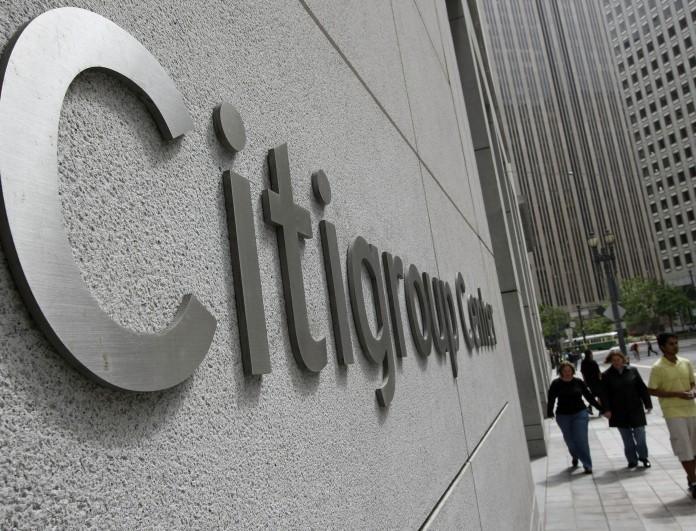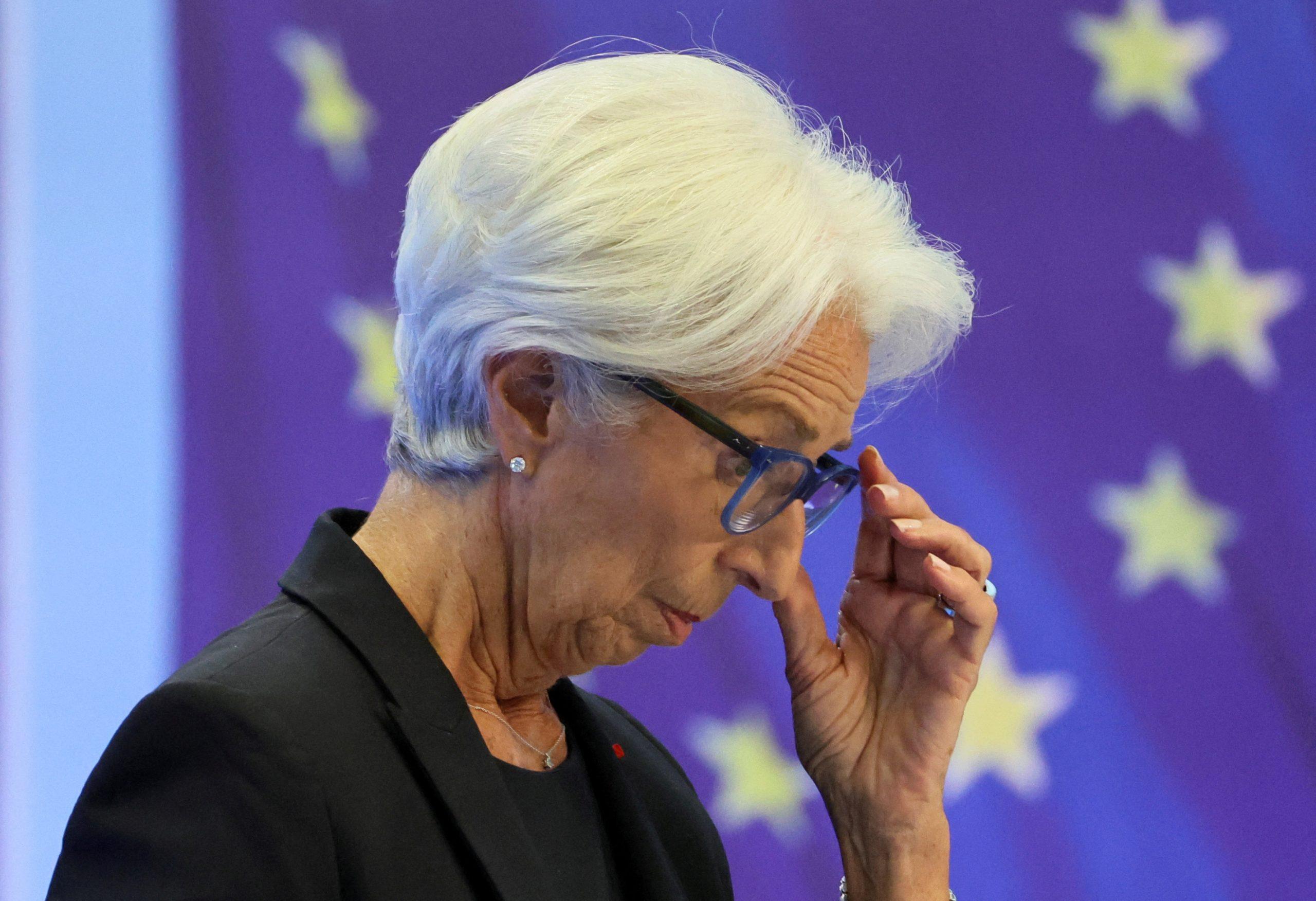Canada-based DBRS Ratings on Friday announced that it has upgraded Greece’s Long-Term Foreign and local currency – issuer ratings to BBB, up from BBB (low). Additionally, the international ratings firm upgraded the country’s short-term foreign and local currency- issuer ratings to R-2 (high) from R-2 (middle).
The trend on all ratings has returned to stable from positive, it added.
In an announcement on its site, DBRS notes that “…the upgrade reflects Morningstar DBRS’ view that legacy risks in the banking system have receded along with a continuation in over performance in fiscal targets. Greek banks have improved their fundamentals, are more resilient and are well positioned to provide credit to the economy, even after the end of the Next Generation EU (NGEU). This reflects lower legacy risks, with a significant fall in the gross nonperforming loan ratio, now close to the European Union (EU) average, coupled with the expectation that deferred tax credits (DTC) will fall faster than initially anticipated. Moreover, supported by the recovery of the Greek economy and strong investor interest, the Hellenic Financial Stability Fund (HFSF) has reduced its stakes in systemic banks loosening the link between the state and the banking sector. Morningstar DBRS also notes that the public debt-to-GDP ratio should have declined by almost 10 percentage points since 2023 to an estimated 154% YE2024. Fiscal revenues continue to overperform fiscal targets with rising primary surpluses, which are expected to remain elevated going forward. This will likely facilitate a further significant reduction in the public debt-to-GDP ratio, which is projected to fall to below 140% by 2027 by the government. The credit rating action is supported by improvements in the “Monetary Policy and Financial Stability” and “Fiscal Management and Policy” building blocks.
The Stable trend reflects Morningstar DBRS’ view that the risks to the credit ratings are balanced. Greece’s BBB credit ratings are underpinned by a credible policy framework thanks to the EU and euro area membership and by the implementation of past institutional and economic reforms that have enhanced the resilience of the economy. Greece’s economic prospects appear to be considerably strengthened by governance, investments, exports and reforms, underpinning public sector debt sustainability. The implementation of structural reforms remains on good track, which, along with higher investments supported by EU resources could improve the country’s business environment, boost productivity and help narrow the investment gap with its euro area peers. Since 2021, Greece has been outperforming euro area average growth, and this is likely to continue over the next two years. GDP is estimated to have expanded by 2.2% in 2024 while it will grow by 2.3% in 2025, according to the Greek Ministry of Economy and Finance. Moreover, there is strong political commitment to maintain a prudent fiscal strategy, reflected in the rapid improvement in the primary surplus despite the multiple shocks the economy has faced since 2020. Nevertheless, the credit ratings are constrained by the still high public debt ratio, the small size of the economy, and the persistent current account deficit.”
Source: Tovima.com





![Ακίνητα: Έκρηξη τιμών στα μικρά διαμερίσματα στο Ηράκλειο Κρήτης [πίνακες]](https://www.ot.gr/wp-content/uploads/2026/02/irakleio-300x300.jpg)




















![Ακίνητα: Έκρηξη τιμών στα μικρά διαμερίσματα στο Ηράκλειο Κρήτης [πίνακες]](https://www.ot.gr/wp-content/uploads/2026/02/irakleio.jpg)










